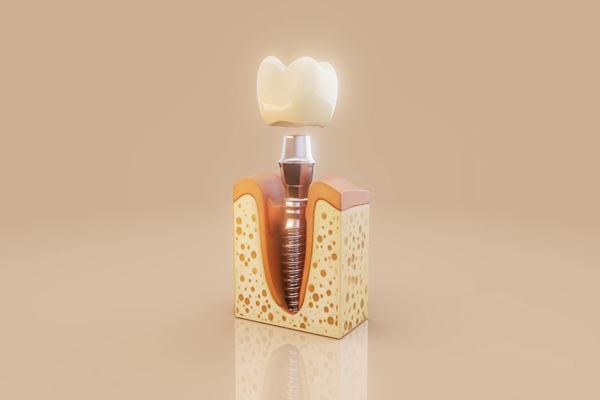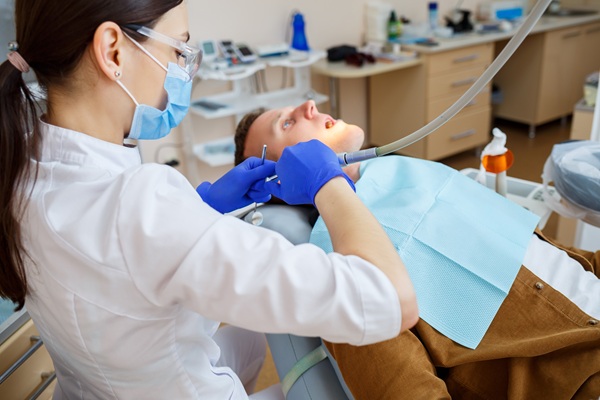Surprising Facts from the Dentist: Coffee is Good for Your Gums
Coffee drinkers rejoice – a
dentist has found that drinking coffee is good for your gums. As a local
dentist, we pay attention to science and research that shows how people can keep their teeth healthier. The more we learn, the more we can share with you – our patients. On a regular basis, we remind our patients of how important it is to practice a good oral hygiene routine at home. If you don’t drink coffee or tea, you may want to start.
Raul Garcia, D.M.D., authored a study that came out of Boston University about the impact of coffee on the health of teeth and gums. In his report, he concluded that the caffeine within coffee helped to prevent gum disease and bone loss due to its anti-inflammatory properties. This makes sense considering that swollen gums are often the first sign of gum disease and by simply preventing or reducing swelling, the disease itself may be prevented or delayed.
As a dentist, we are always interested to learn more about how the study was conducted to ensure its accuracy. In this case, they studied 1,000 men for 30 years, in order to determine if coffee had any impact on oral health and if so, what. Men that drank one cup of coffee a day, or more, had less bone loss in their teeth than men who didn’t. Bone loss is a common symptom of gum disease, which led to their conclusions that coffee is good for gum health. Overall, the results are important because when gums and teeth are healthy and strong, there is less risk that they will fall out. Tooth loss is a common problem with age, so anything that can be done to reduce the risk is worthwhile to consider.
Coffee may pose other challenges, so drinking it in moderation is important. For example, drinking coffee can stain your teeth and make them yellow. If you brush your teeth immediately after drinking it, this risk is reduced. Otherwise, we have teeth whitening procedures that can help. Additionally, coffee can dehydrate you so for every cup of coffee you drink – drink a glass of water. Hydration is important for the health of your body and your mouth since it is necessary for producing the saliva your body uses to wash away bacteria and food particles.
There are additional ways to prevent gum disease. The most basic of which, is brushing and flossing your teeth throughout the day. By removing sugar and bacteria from your mouth, there is less of a risk that your gums will become infected. Poor oral hygiene is one of the greatest risk factors to gum disease. You can also avoid smoking, using chewing tobacco, and drinking too much alcohol since these are also risk factors. Eating a healthy diet, drinking water, brushing your teeth, and having your teeth cleaned twice a year are all ways to reduce the risk of cavities and gum disease. If you drink coffee on top of it, your mouth may stay even healthier as you age.-
Recent Posts
General dentistry focuses on routine oral health care for patients of all ages. This includes oral maintenance such as cleanings and examinations, as well as general treatments and preventive care. Preventive care often gets overlooked as it relates to general dentistry, however, it plays a key role in oral health. Keep reading to learn more…
General dentistry is a form of dental care where practitioners provide a variety of services. Patients who see a general dentist receive preventative services to help maintain good oral health and prevent disease or damage. In addition to preventive services, general dentistry also includes restorative services and cosmetic services.Dental health is essential to a patient's…
Visiting a new dental office for the first time can feel exciting and a little uncertain. Knowing what to expect can help make the experience smooth and stress-free. A first visit is a great opportunity to meet the dental team, discuss concerns, and help patients feel confident about their dental care.The front desk team usually…
Cavities are a common oral health concern that dentists can treat with restorative dentistry. While common, leaving cavities untreated for an extended amount of time can lead to severe complications, including tooth infection, dental abscess, deep tooth decay, and the loss of teeth.The good news is that treating dental cavities is relatively easy for dentists…


